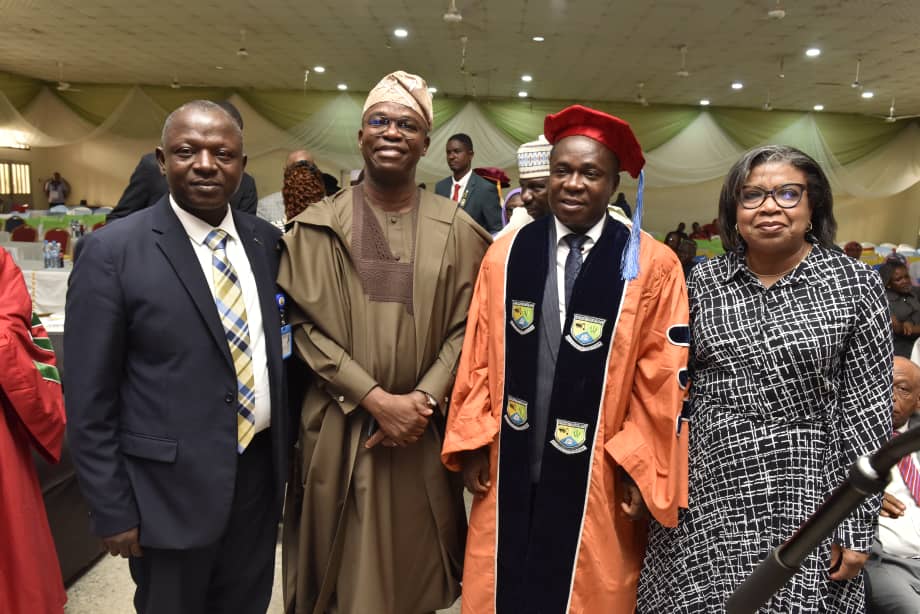…Shouldn’t mismatch funds from debt capital market
The Federal Government has been urged to mobilise the immense idle resources available in the capital market to develop the requisite skills and a supportive environment for wealth creation for all citizens.
Additionally, the government has been cautioned against diverting funds raised from the debt capital market for capital projects to other uses, as evidence of such practices abounds.
This was stated by a Professor of Capital Market, Uche Uwaleke, during the 50th inaugural lecture of Nasarawa State University, Keffi, titled “Unlocking Wealth and Leveraging Entrepreneurial Knowledge Ecosystem: Understanding Capital Harnessing Essentials.”
“I argue that the country’s immense idle resources can be unlocked by mobilizing funds from the capital market to develop the requisite skills and supportive environment, which I have collectively referred to as the Entrepreneurial Knowledge Ecosystem,” Uwaleke stated.
He noted that evidence of funding mismatches in budget implementation is widespread, citing sources such as the Medium-Term Expenditure Framework (MTEF) and the Debt Management Office (DMO), covering various periods.
ALSO READ: NIES: OPEC reassures on unlocking Africa’s oil potential
Uwaleke said, “Over the years, there is evidence to suggest that money raised from the debt capital market for capital projects has ended up being used to meet recurrent needs, in breach of the FRA 2007. This funding mismatch has undermined efforts to harness the country’s idle resources.”
To enhance debt sustainability, Uwaleke stated that borrowing plans should be linked more to debt service ceilings than to other debt indicators such as GDP, which aligns with the Fiscal Responsibility Act (FRA) 2007. In view of the country’s huge debt burden, he emphasized that governments should borrow only to fund projects that are self-liquidating.
He added that, to optimally diversify the country’s debt portfolio, other external funding windows—such as the growing renminbi (RMB) market—should be explored, with the overarching objective of securing the best deals to reduce borrowing costs.
To unlock entrepreneurial knowledge and create wealth amid budget constraints, Uwaleke advised the government to make higher education more cost-effective by prioritizing resources for academic disciplines that support industrial development and are directly tied to economic outcomes.
In this regard, he recommended that Nigeria draw from the experiences of countries like China, Singapore, and South Korea, which have successfully harnessed entrepreneurial knowledge for wealth creation.
The university don emphasised that unlocking Nigeria’s hidden wealth through the capital market requires leveraging its potential to mobilise and allocate resources while fostering the growth of the entrepreneurial knowledge ecosystem.
To achieve this, he urged governments at all levels to adopt the right approach to incentives for capital formation, privatisation of public enterprises via the capital market, and resource optimisation in ways that guarantee value for money.
WATCH TOP VIDEOS FROM NIGERIAN TRIBUNE TV
- Let’s Talk About SELF-AWARENESS
- Is Your Confidence Mistaken for Pride? Let’s talk about it
- Is Etiquette About Perfection…Or Just Not Being Rude?
- Top Psychologist Reveal 3 Signs You’re Struggling With Imposter Syndrome
- Do You Pick Up Work-Related Calls at Midnight or Never? Let’s Talk About Boundaries







